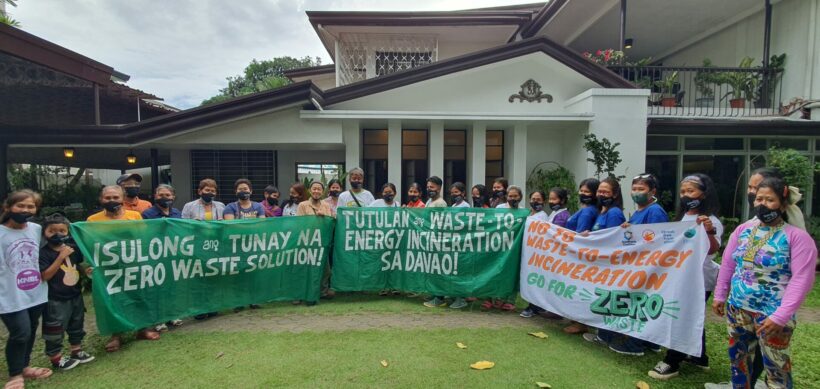Farmers, Environmentalists, and Experts Stand Against Waste Incineration
On January 9, 2023, the Global Alliance for Incinerator Alternatives (GAIA) Asia Pacific together with Ecowaste Coalition and the Interfacing Development Interventions for Sustianability (IDIS) – Davao and in partnership with Ecoteneo, Masipag Mindanao, Panalipdan Youth-Davao, and Saligan-Mindanaw stood together with affected farmers, residents, and concerned members of the community as they opposed the pending construction of a waste-to-energy (WtE) incinerator in Davao City.
In August last year, the City Council of Davao unanimously approved a WtE facility funded by the Japan International Cooperation Agency (JICA) despite a national ban on incineration as provided for by the Ecological Solid Waste Management Act and the Clean Air Act. Proposed to be constructed on ten hectares in Barangay Biao Escuela in Tugbok District, the facility will stand close to the barangay’s school, agricultural lands, and a few hundred meters away from the relocation site of the affected communities.
During a people’s forum held on January 9, the organizations have spoken out against the city government’s plan for a WtE incinerator, stating that the facility will only impact people’s health and Davao’s rich biodiversity, particularly its already fragile watersheds.
According to Gary Villocino of Masipag, a network of farmers in Davao, “The construction of this facility will not only be dangerous to people’s health but will also destroy valuable agricultural land. Land that could be used to cultivate resources for the community.”
Mark Peñalver of IDIS-Davao adds, “When it comes to WtE incineration, the bottom line is this: not only is it a dangerous way to produce energy, it’s also incredibly harmful to the environment. What’s more, incineration is not a renewable or sustainable energy source. In fact, it actually produces more greenhouse gasses than coal. So not only is incineration a bad choice for the environment, but it’s also not a wise choice from a climate perspective.”
Randy Catubag Irog of the Mintal Resource Collectors Association (MiRCA) in Barangay Mintal, despite fearing repercussions for disagreeing with the project, stated his disapproval and highlighted that there are more sustainable approaches that are helpful to the community and the environment. “We collect recyclables and sell them for profit and WtE will only teach future generations to be lazy as it undermines recycling efforts if waste can be simply burned away.”
Communities cited that the City’s waste composition is 50 percent organic waste which cannot be burned in the proposed type of WtE technology. Advocates point out that the WtE project is also not a financially viable project for JICA, the city government and the private sector.
Peter Damary of the start-up enterprise, Limadol, shared that Davao needs to focus on segregation at source. “Davao’s case, around 50 percent of waste is composed of food waste. If removed from the waste stream through composting, it eases the burden on landfills and leaves other waste available for recycling. Further, the environmental value composting contributes to methane reduction can not be ignored.”
Citing the efforts of other barangays in the country, GAIA Asia Pacific’s Zero Waste Coordinator in the Philippines, Archie Abellar shares that individuals and communities in Davao are similarly gradually adapting Zero Waste strategies to combat waste. From composting to opting for refills instead of single-use plastics or sachets, there is a conscious effort from the grassroots to veer away from practices that harm the planet.
He concludes, “WtE incineration is a band-aid solution and will only make matters worse in the long run. JICA has not examined existing options for waste management in the City and has promoted an expensive and harmful technology. We call on JICA and the local government to support zero waste systems as they offer an inclusive, effective, and sustainable approach to the City’s waste problem .”
Here are some photos of the Forum:
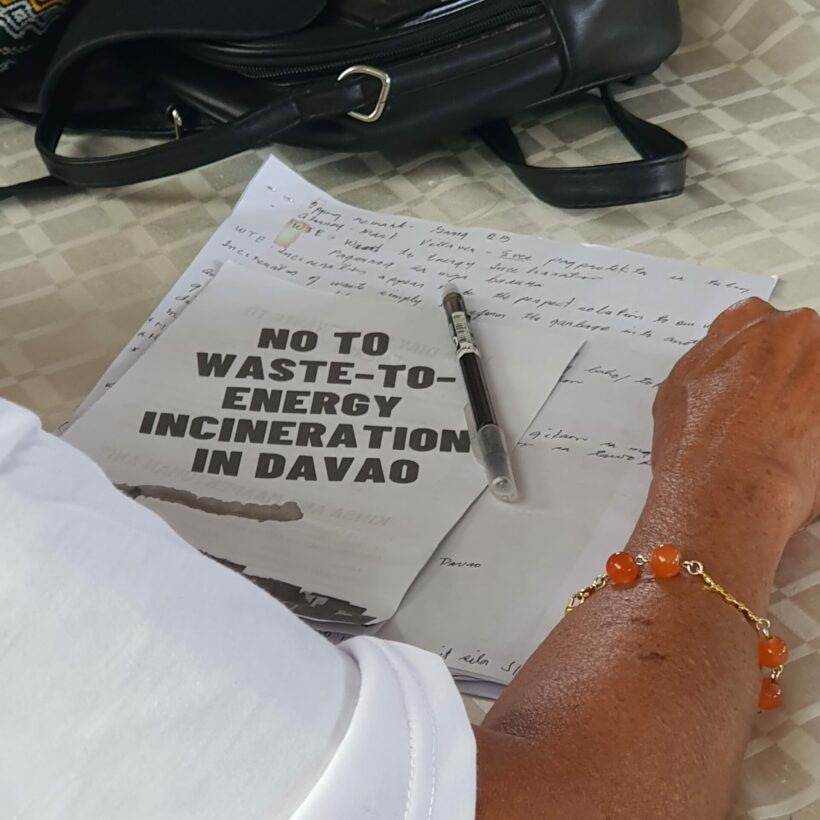
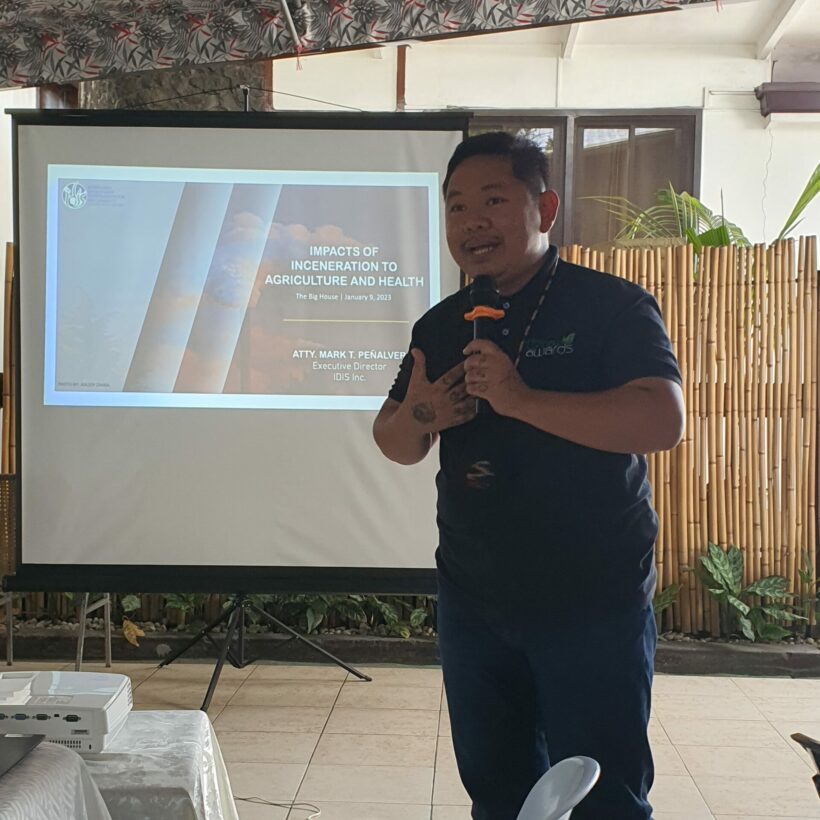
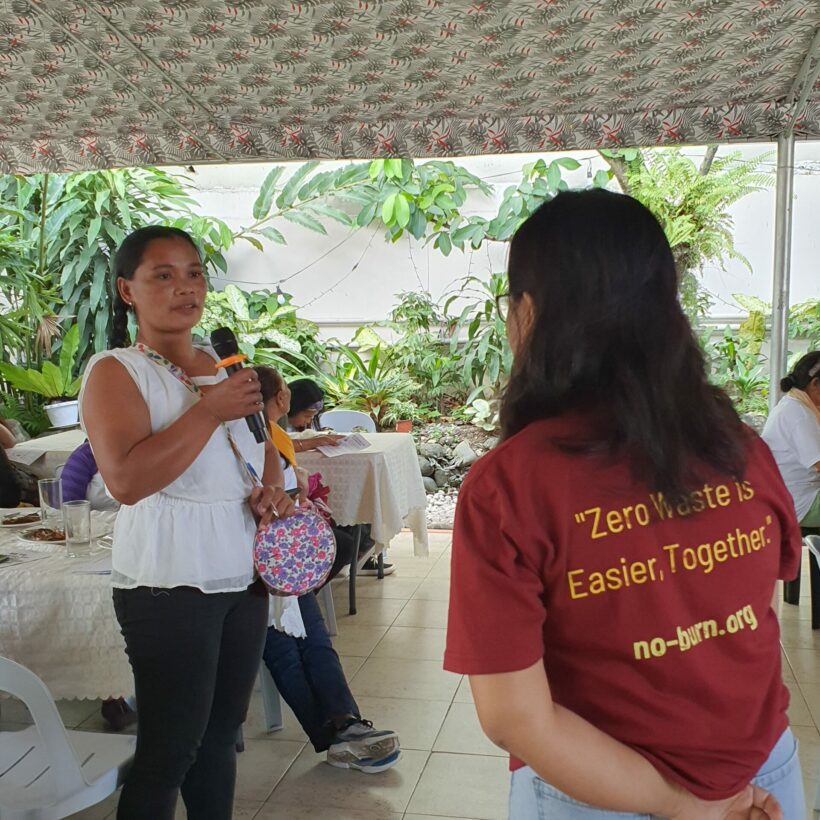
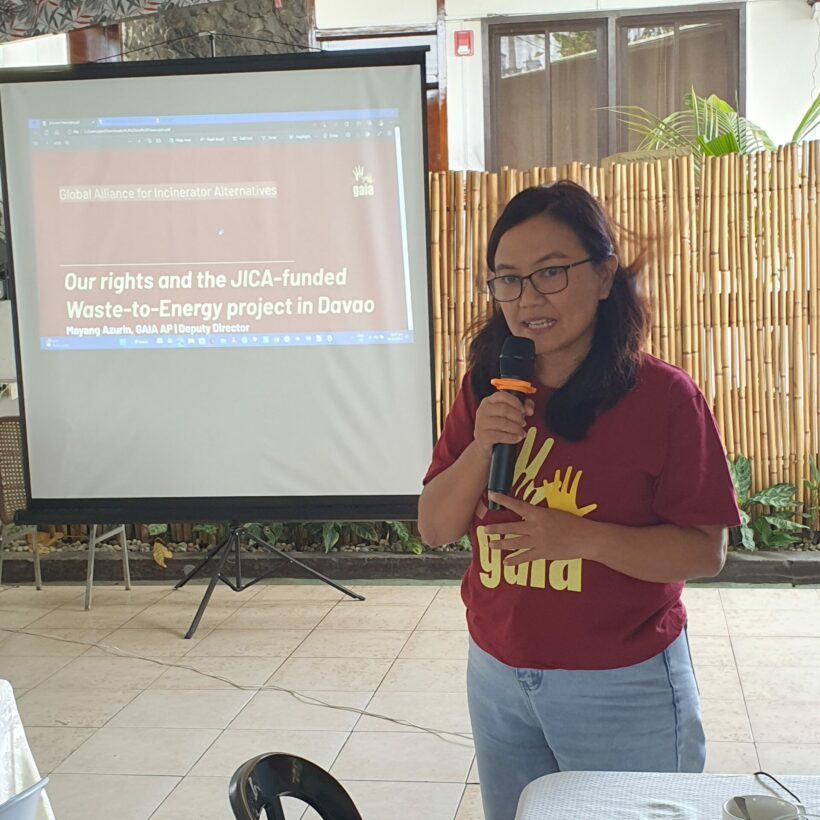
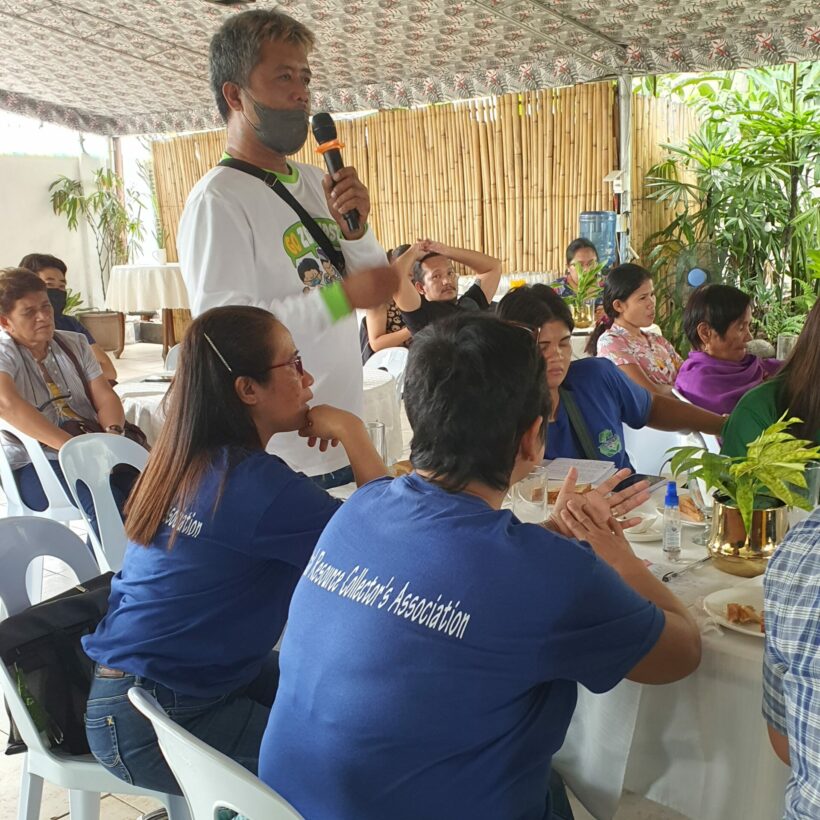
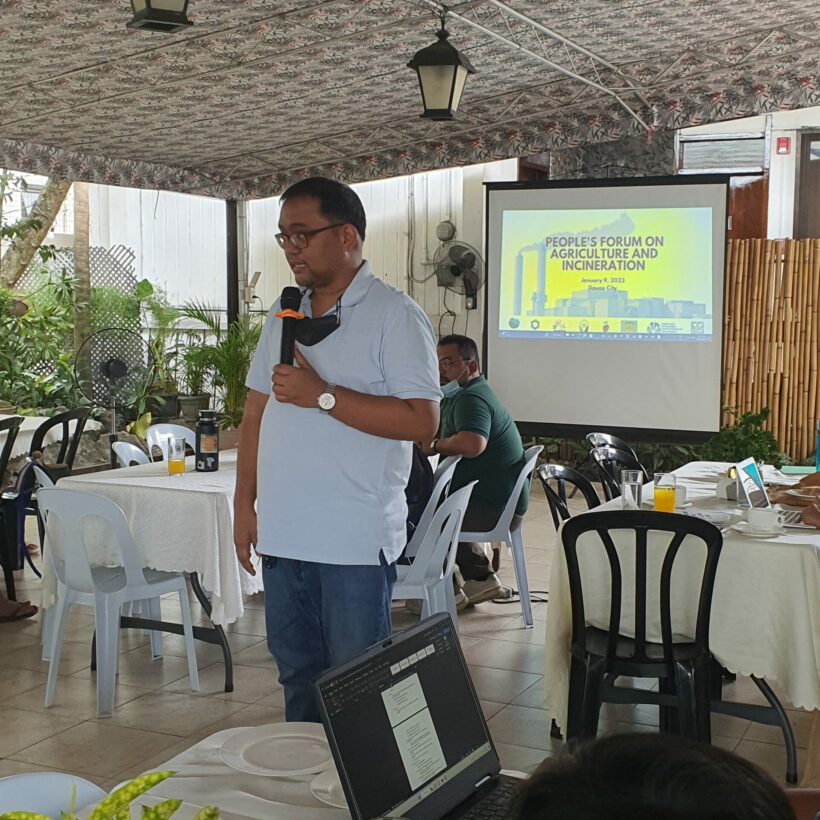
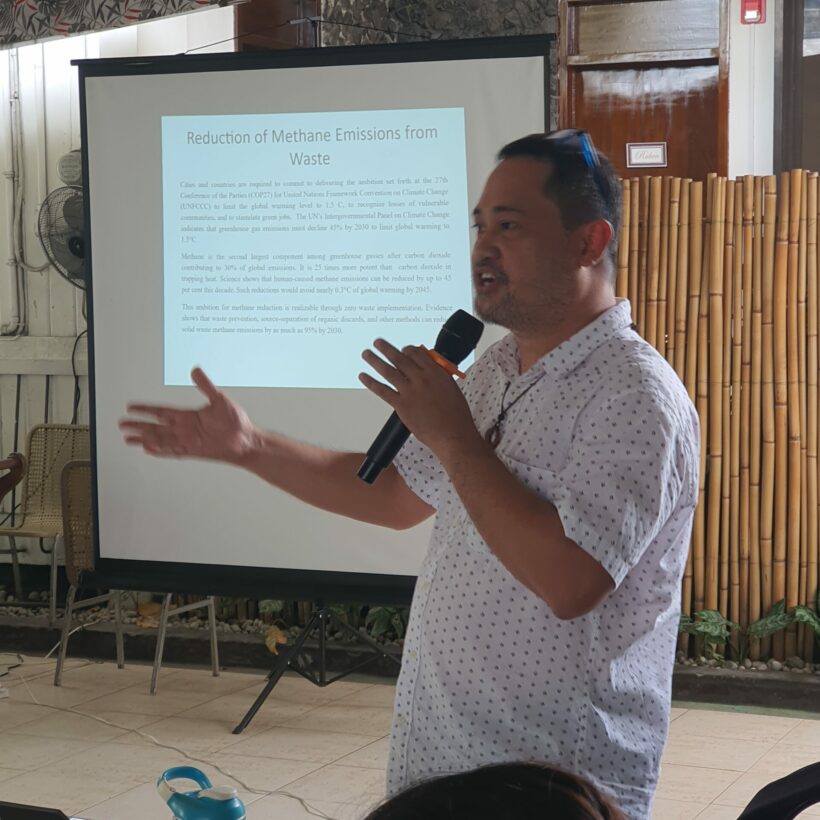
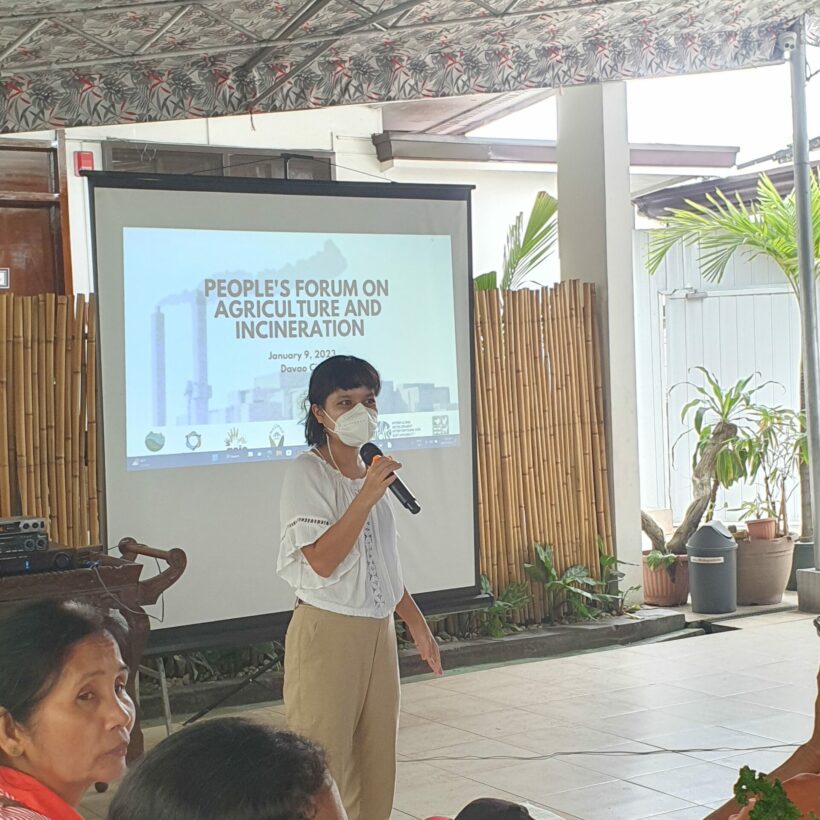
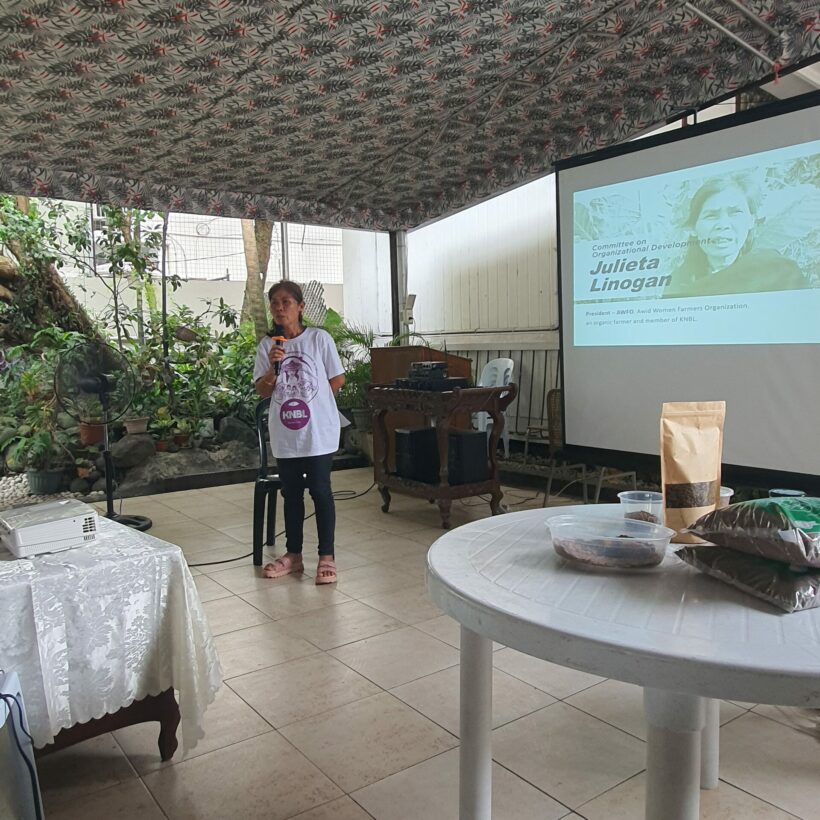
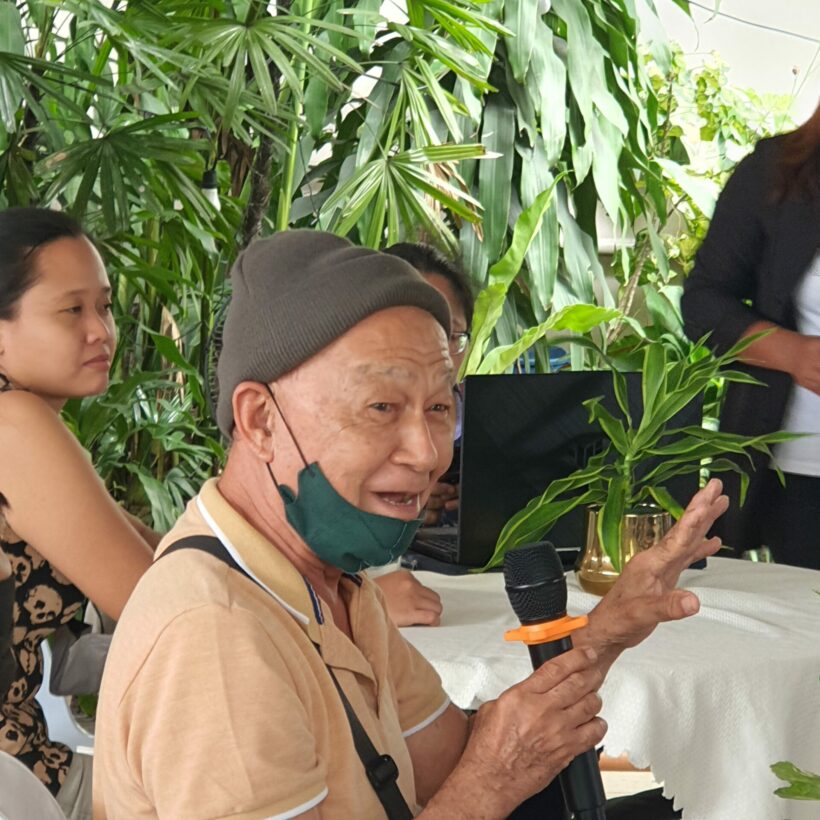
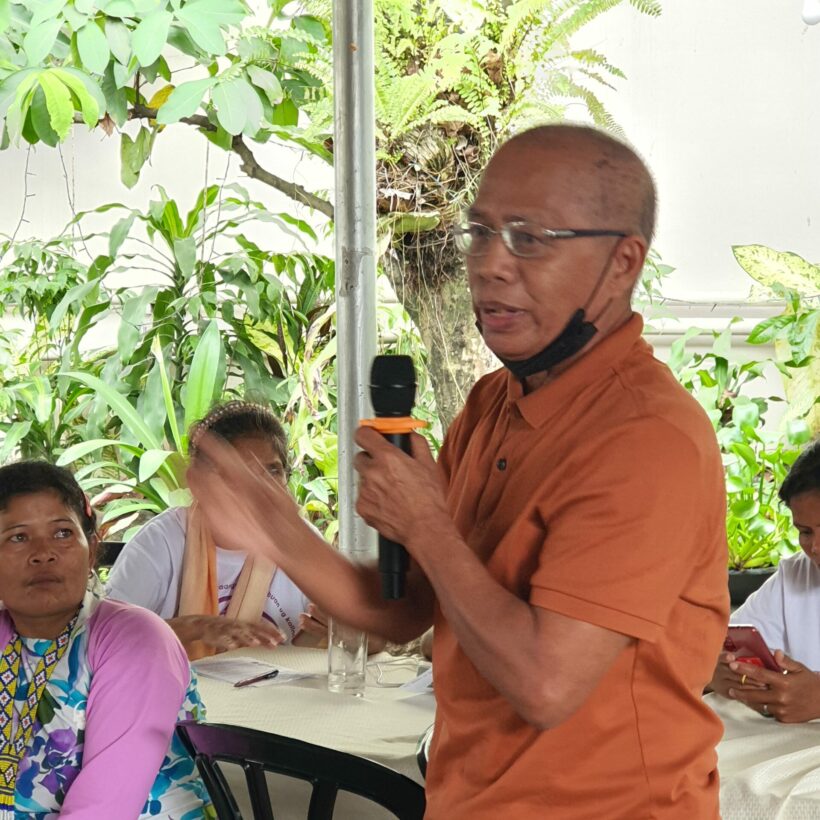
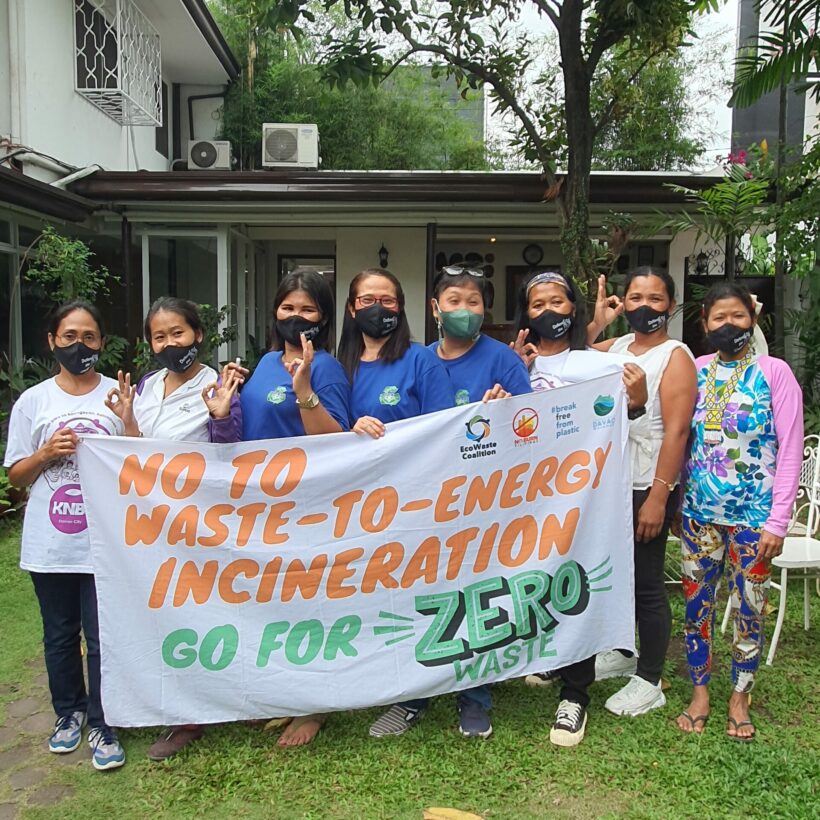
###
Zero Waste Month celebrations originated in the Philippines in 2012 when youth leaders issued a Zero Waste Youth Manifesto calling for, among other things, the celebration of a Zero Waste Month. This was made official when Presidential Proclamation No. 760 was issued, declaring January as Zero Waste Month in the Philippines. It was then promoted widely by NGOs and communities that had already adopted this approach to manage their waste.
***
For more information, visit www.no-burn.org or follow GAIA Asia Pacific on social media: Facebook, Twitter, Instagram, YouTube, and TikTok.


